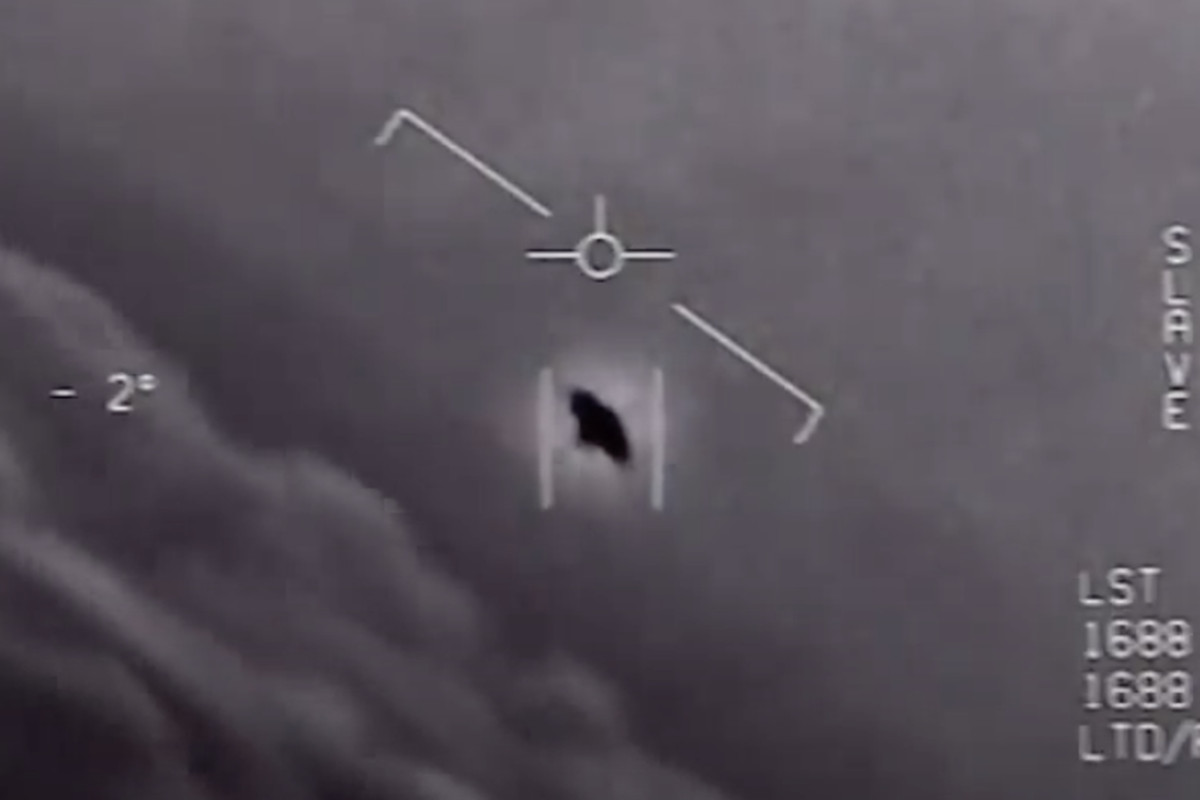The group’s job was to “detect, analyze and catalogue” these events, as well as to “gain insight” into the “nature and origins” of UFOs, the Pentagon said.
“We have no clear indications that there is any nonterrestrial explanation,” a U.S. official said. Instead, officials said greater technological understanding may be required to determine what was behind many of the unexplained cases.
“Some of those could require some scientific advances on our part to allow us to better understand what it is that we’re observing,” another official said. “It’s clear that we need to improve our capacity to further analyze remaining observations.”
In the 144 cases, U.S. government observers reported “unusual” movement or flight characteristics, the report released by the Office of the Director of National Intelligence stated.
The Pentagon report released on Friday said most of the 144 reported cases of the “unidentified aerial phenomena”, referred to as UAP, came in the last two years after the US Navy put in place a standardized reporting mechanism.
In 143 of the reported cases, they “lack sufficient information in our dataset to attribute incidents to specific explanations”.
UAP “probably lack a single explanation”, the report said. Some could be technologies from another nation like China or Russia, others could be natural atmospheric phenomena like ice crystals that could register on radar systems, while the report also suggested some could be “attributable to developments and classified programs by US entities”.
The one case they could identify “with high confidence” was identified as “a large, deflating balloon”, the report said.
It added that the UAP pose “a clear safety of flight issue and may pose a challenge to US national security”.
The task force is now “looking for novel ways to increase collection” of reports and gather more information, adding that “additional funding” could “further study of the topics laid out in this report”.
In a CBS News 60 Minutes episode last month, two former Navy pilots discussed seeing an object in the Pacific Ocean that appeared to mirror their movements.
One pilot described it as a “little white Tic-Tac-looking object”, referring to the white oblong mints.
“And that’s exactly what it looked like, except it was traveling very fast and very erratically and we couldn’t anticipate which way it was going to turn or how it was maneuvering the way that it was, or the propulsion system,” witness and former Navy pilot Alex Dietrich told BBC News.












